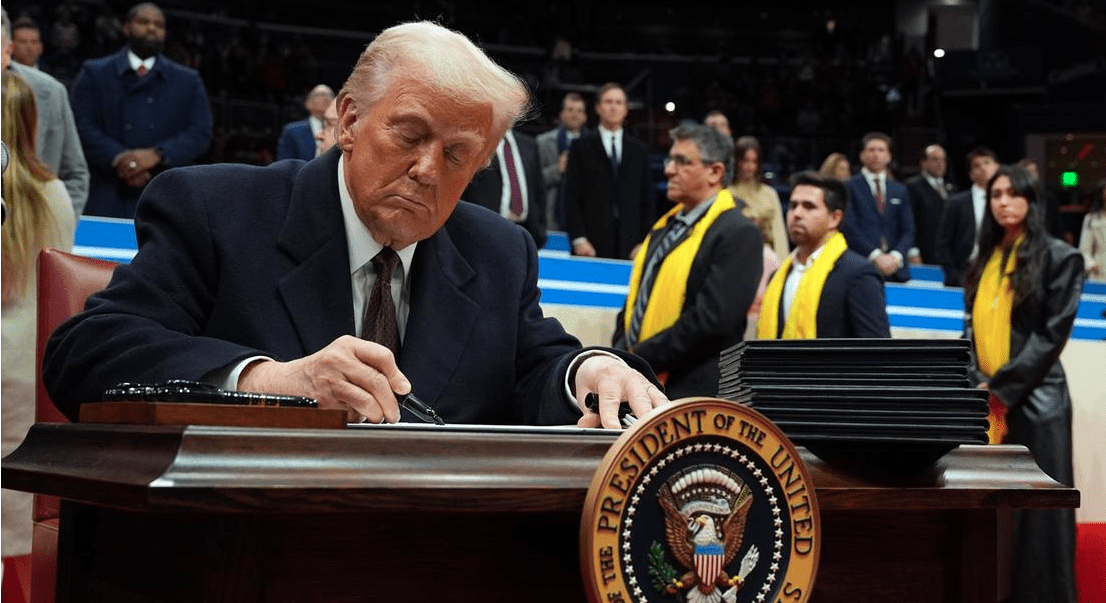But doing so would require the vote of every Democratic senator, making Mr. Manchin’s objections fatal. His concerns have already prompted led Democrats to strip yet another climate provision from the package, this time a plan to permanently ban new offshore drilling off the Atlantic and Pacific coasts. More changes are likely as Democrats seek to win his vote.
Mr. Manchin has infuriated some of his colleagues by pushing for changes to a planned extension of expanded monthly payments to families with children. Senators Michael Bennet of Colorado, Cory Booker of New Jersey, Mazie Hirono of Hawaii and Kirsten Gillibrand of New York could be seen on the Senate floor late Thursday in an animated conversation with Mr. Manchin, who voted for the expansion as part of the $1.9 trillion pandemic aid law in March.
Mr. Manchin appeared unmoved, later telling CNN: “No one pressures me. I’m from West Virginia.”
The legislation must also adhere to strict rules governing reconciliation, which require that every provision have a direct effect on the federal budget.
Elizabeth MacDonough, the Senate parliamentarian, who serves as the chamber’s arbiter of its rules, has repeatedly ruled that the immigration provisions do not.
Biden’s Social Policy and Climate Bill at a Glance
The centerpiece of Biden’s domestic agenda. The sprawling $2.2 trillion spending bill aims to battle climate change, expand health care and bolster the social safety net. Here’s a look at some key provisions and how they might affect you:
On Thursday, she rejected a third plan that would have expanded the homeland security secretary’s authority to grant a temporary status known as parole to undocumented immigrants who have lived in the country for a decade, providing them with work permits and shielding them from deportation. The work permits would have lasted five years, and then would need to be renewed.
The proposal would have included most undocumented immigrants who have lived continuously in the United States since before Jan. 1, 2011, and could have helped about 6.5 million people. It would have essentially codified an enhanced version of the Deferred Action for Childhood Arrivals, or DACA, program created by President Barack Obama in 2012.
“The proposed parole policy is not much different in its effect than the previous proposals we have considered,” the parliamentarian wrote, according to a copy of her decision obtained by The New York Times. “These are substantial policy changes with lasting effects just like those we previously considered and outweigh the budgetary impact.”
















Discussion about this post